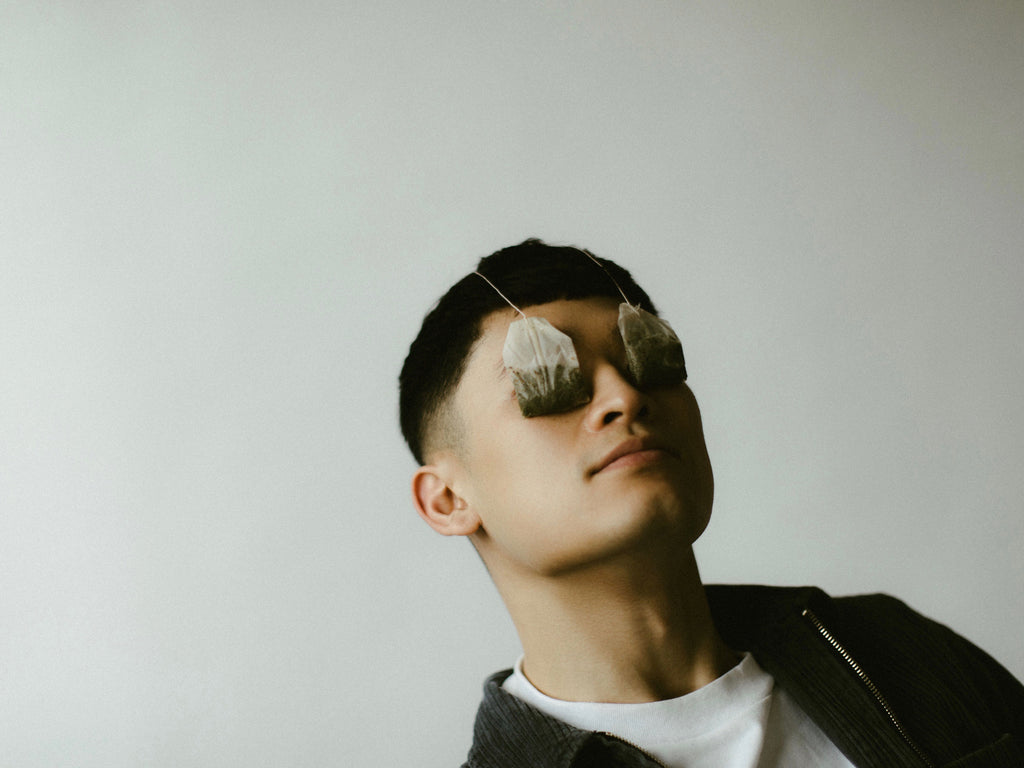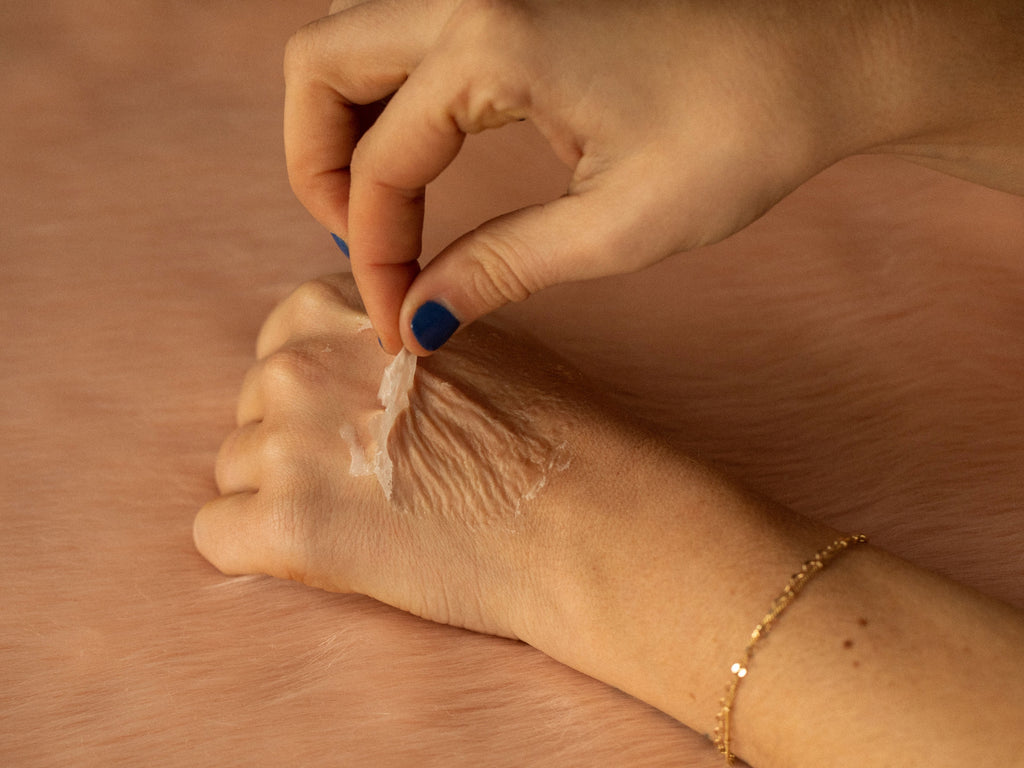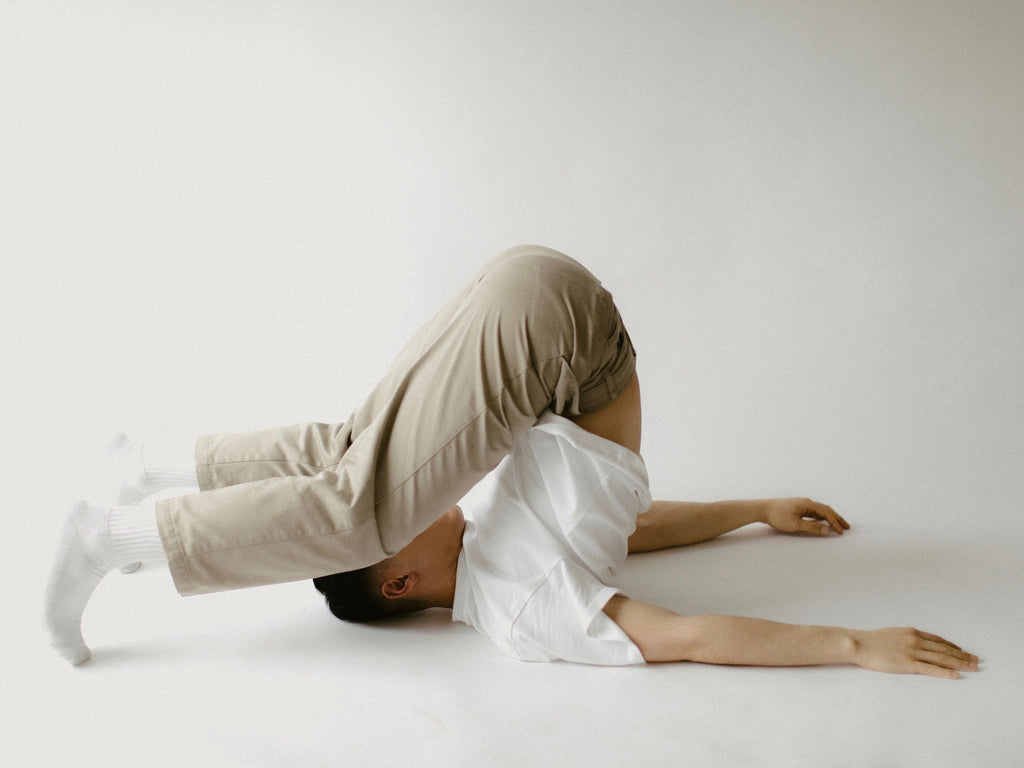When It Comes to Reiki, the Healing Begins from Within
Breaking down how vital energy (ki) can heal your soul (rei).
This content was developed in partnership with Conscious City Guide.
After a difficult breakup one year, Giulia Halkier found herself stuck. “I felt like even with therapy – something was missing.” Friends encouraged Halkier to try Reiki and, after her first session, she was drawn in immediately. “It was really profound: I felt like I could see my younger self, and it brought up things that were living in my body and the energy from my trauma. It was like nothing I’ve ever experienced.”
Ask anyone who’s tried Reiki and this response is not uncommon. A friend recently described her own experience as “Seeing myself at all stages of life from being a kid to present day. I went into a dark abyss and it was me in the womb.” According to New York-based energy healer Jessica Brodkin, “Therapy works on the level of the mind — but reiki operates on the level of the spiritual body.”
“Therapy works on the level of the mind — but reiki operates on the level of the spiritual body”
Halkier, who is currently a Master Reiki Practitioner based in Vancouver, says it has the ability to really make you feel this sense of unconditional love, “which I think everyone is kind of looking for throughout the world.”
Those well versed in the wellness industry may be familiar with the concept of Reiki. For everyone else, let’s break it down: Reiki is a form of ‘energy healing’ involving practitioners who use their hands to transfer a universal energy to the patient, which is said to encourage emotional or physical healing. But what exactly does this mean?
An international Reiki master who’s been practicing since the ‘80s, Pamela Miles explains in an article in the Atlantic: “Through an unknown mechanism, when a Reiki practitioner places their hands — mindfully and with detachment — it evokes the healing response from deep within the system,” she said. “We really don’t know why this happens.”
While there’s no scientific evidence to support its health benefits, Reiki’s less conventional approach to healing has drawn many enthusiasts, praising the positive effects it's had on challenges with stress, anxiety, and emotional blocks – to name a few. Its origins date back to the early 20th century in Japan, first conceived by Mikao Usui. Translating to ‘mysterious atmosphere’ or miraculous sign, the word is derived from the words rei (‘soul’) and ki (‘vital energy’).
“Reiki’s less conventional approach to healing has drawn many enthusiasts, praising the positive effects it's had on challenges with stress, anxiety, and emotional blocks”
Jose Rosales-Lopez, also a Vancouver-based Master Practitioner, says Reiki has helped him learn coping mechanisms for when feelings of loneliness and self-doubt creep up. “I feel like I always have some support that is not necessarily a person or community but an energy that is helping me.”
Lopez loves the philosophy that Reiki offers us tools to heal ourselves from within, and thinks it’s especially important right now. “We’re so stuck in our day-to-day lives that we aren’t paying attention to the inner workings of our energy,” he says. “I think there is definitely a need to be able to procure your own healing and create a community of people who you can help compassionately.”
Halkier echoes this idea: “It’s a very community-focused modality,” she says. “When you become attuned to it you start thinking, ‘How am I able to create positive change for myself?’ and want to do the same for the rest of the world.” In our current climate of uncertainty and stress – this philosophy might be worth exploring now more than ever.
“It’s a very community-focused modality. When you become attuned to it you start thinking, How am I able to create positive change for myself?”
Photo courtesy of Britney Gill.
This post is tagged as:
You may also like...
The Latest
People & Places
How Ara Katz is Redefining “Self-Care” as Rooted in Science with Seed
The co-founder, mother, and self-proclaimed serial entrepreneur unpacks her philosophy on what it means to be well. Ara Katz hates the word “success”. Not because of its listed definition in a di...

Do Good Werk
9 Passive-Aggressive Email Phrases That Are Basically Evil
A Rosetta Stone for every time you want to :’).

Woo Woo
Get to Know Your Astrological Birth Chart
How to find meaning in the stars — and what it means for you.

People & Places
The 5 Best Places In New York To Meet Your Next Investor
Where to rub shoulders with the city's movers and shakers.

Do Good Werk
10 Unhealthy Thoughts You Convince Yourself Are True as a Freelancer
If you work alone, you might be particularly susceptible to distorted thoughts that hurt your mental health.

People & Places
Creating a Conference-Meets-Summer-Camp for Adult Creatives
An interview with Likeminds founders Rachael Yaeger and Zach Pollakoff This past September, I sat in front of an obituary I wrote for myself after a session with a death doula. No, I didn’t know w...

People & Places
When Something Golde Stays: An Interview with Golde’s Co-CEOs
“For us it was never a question,” says Issey Kobori, speaking of the decision to build a business with his partner Trinity Mouzon Wofford. At just shy of 27, Kobori and Wofford have secured a host ...

Better Yourself
Are They Toxic? Or Are They Human?
There’s a difference between putting up boundaries and putting up walls, and the latter is what breaks relationships.

Do Good Werk
How To Combat Seasonal Affective Disorder At Work
Here’s what to do if seasonal affective disorder starts to take a toll at the office.

People & Places
Reclaiming Womxn's Wellness Spaces from a White-Dominated World
How The Villij built a collective that their community can connect to.








